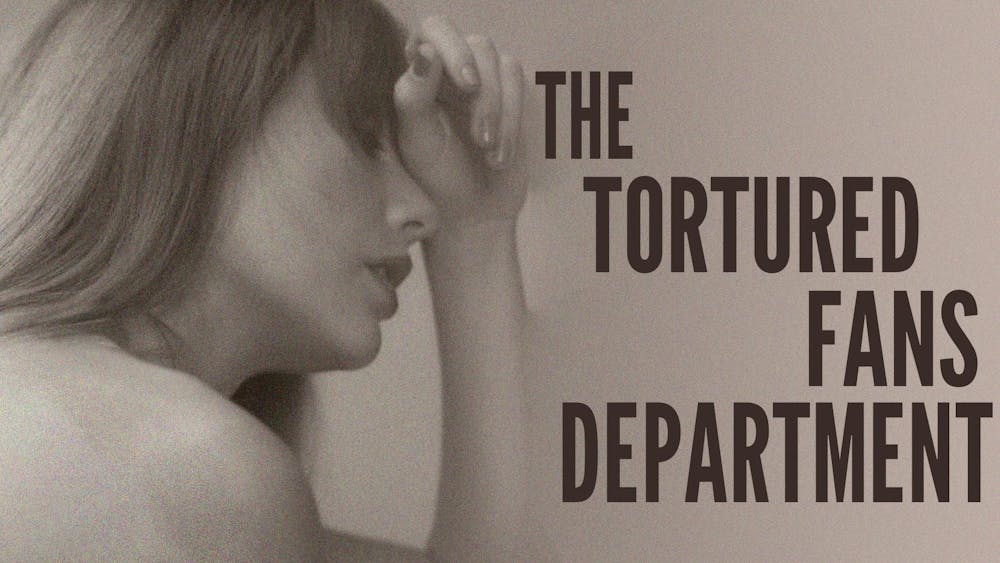As the beginning credits of "The Book of Eli" ran across the screen, I thought about how I'd probably be sorry in another two hours that I had taken the time to see what would probably be a predictable, pretentious and altogether forgettable film.
It just so happens that not only is "The Book of Eli" a watchable film, but dare I say, and yes I most certainly will, a good (albeit flawed) film. Both right below the threshold level on the shoot-'em-up side of things and intelligently measured in its effort not to be too preachy in pushing the word, or importance of Christianity on the human consciousness, this Denzel Washington-helmed dystopic tale is an overall success due to its style, and add to that a "Sixth Sense"-esque game changer towards the film's end.
Washington plays Eli, a blade-wielding wanderer heading West in post-apocalyptic America, where the human condition has gone to die and all that's left are those who scavenge for valuables amongst the rubble and those who'll kill them to take those valuables. Eli, however, one of the only living survivors of an end-all nuclear war, has the only thing of real value left on Earth — the key to human hope and the only chance at a future; something that he's been carrying with him for 30 years. It's his faith, blind as everyone else except perhaps the film's villain, Carnegie (Gary Oldman) perceive it to be, that guide him on an unnamed mission West to prove not only the key to his destiny but the key to everyone else's. Caught in the crosshairs between those hungry for power and those hungry for valuables that in this day and age we take for granted, Eli treks on with the only worthwhile purpose still left in man. Only death surrounds him, and on the road, really the only way out West, danger lurks in every which way.
"The Book of Eli" is riddled with pitfalls — pitfalls that in large part the film manages to avoid. What seems like a piece about religion and a lone ranger, who goes about slashing everyone, meets the predictable bad guy with nothing interesting about him and a pretty girl who follows him blindly, is actually a dynamic tale that works, regardless of one's religious convictions. Sure, the film adheres to many of the big-budget rules, and Mila Kunis is oddly cast (and this becomes increasingly more perplexing as the film closes), but good genre-bending storytelling that avoids being predictable is definitely something worthy of praise.
And speaking of predictable … which this film is most certainly not (at least towards the end, that is), the big elephant in the room here is the dramatic "Huh?! Oh… Actually, that makes complete sense …" twist positioned neatly right at the end of the film or, more appropriately, right where the film loses its built-up gusto and then runs a bit overlong. The film begs to be seen again because, like "The Sixth Sense," it's screaming out at you the entire time, but you're blind to it until, like a sudden whirlwind, it hits you and makes you fall back into your seat, only to realize that it's been staring at you the entire time.
Go see it and chances are that you'll want to see it again. Not because "The Book of Eli" is an exercise in film genius, or because Denzel Washington, as well measured as he is, is Oscar worthy, but because of the intrigue in knowing but not being able to recognize what's there all along, and the curiosity that follows. Therein lies the real success to what should pleasantly surprise quite a few filmgoers.













